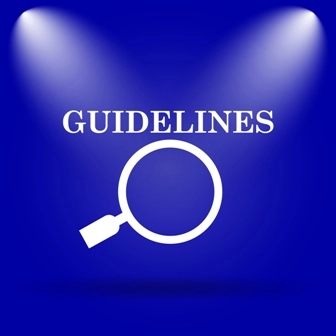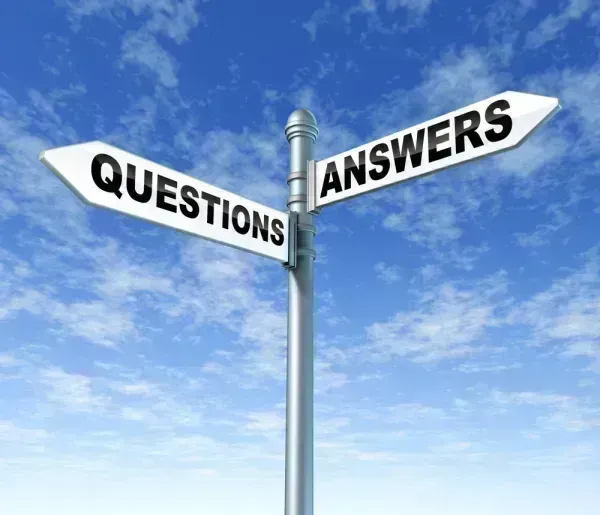Unsupervised PA Billing Lands Doctor in Prison

Plus: You can keep using DSM-IV and V under ICD-10.
Asking your physician’s assistants to take over your patient care can be helpful if you’re on-site and supervising—but if you’re nowhere to be found, your NPPs can’t bill under your provider number.
A New York physician learned that lesson the hard way last week after being sentenced to prison for two years for his part in a $13 million health care fraud scheme, the Department of Justice announced on Aug. 14.
For three years, the doctor was the medical director of a clinic where a physician’s assistant performed a number of medical services without supervision, which the doctor then billed to Medicare and Medicaid as if he had personally performed them. Over the billing period, the clinic rang up $13 million in Medicare and Medicaid charges for services such as office visits, physical therapy and diagnostic tests.
Resource: To read more about the case, visit www.justice.gov/opa/pr/doctor-brooklyn-new-york-clinic-sentenced-two-years-prison-engaging-13-million-health-care.
In other news…
Mental health professionals already consult multiple diagnosis resources (including DSM IV, DSM V and ICD-9) when seeing a patient, so it makes sense that they would be confused about how ICD-10 will impact them. CMS, fortunately, has answers for those practitioners.
“It is expected that clinicians may continue to base their diagnostic decisions on the DSM-IV/DSM-5 criteria,” CMS says in a recent FAQ on its website. “In addition, it is still perfectly permissible for providers and others to use the DSM-IV and DSM-5 descriptors and diagnostic criteria for other purposes, including medical records, quality assessment, medical review, consultation and patient communications.”
Once the practitioner arrives at a clinical diagnosis and documents it in the patient’s records, then the clinician should seek the appropriate code using an ICD-9 code book for dates of service through Sept. 30, and an ICD-10 manual for dates of service on or after Oct. 1.
Here’s why: “DSM-5 contains the standard criteria and definitions of mental disorders now approved by the American Psychiatric Association (APA), and it also contain both ICD-9-CM and ICD-10-CM codes (in parentheses) selected by APA,” CMS says. “Since DSM-IV only contains ICD-9-CM codes, it will cease to be recognized for criteria or coding for services with dates of service of October 1, 2015 or later. Updates for DSM-5 criteria and their associated ICD-10-CM codes (identified by APA) will be found at www.dsm5.org.”




